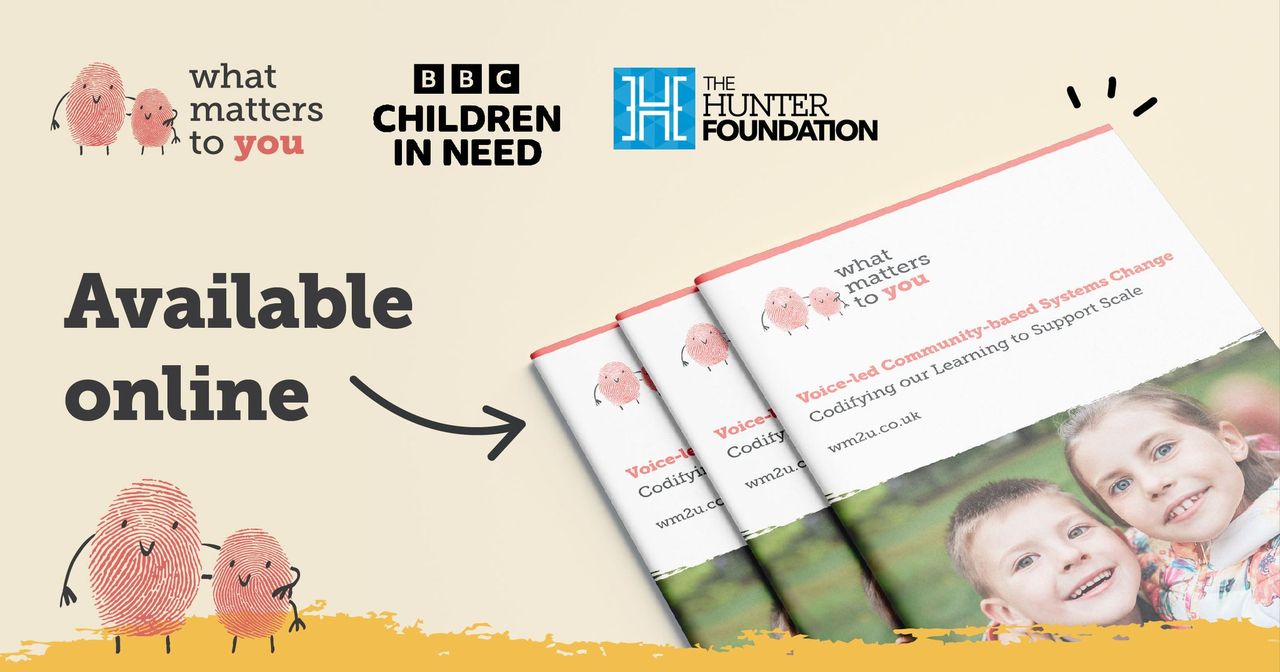Lessons in Systematic Change

Through a five-year commitment to listening and learning within communities, we have found that to achieve success, there needs to be an intentional focus on building trust, confidence and collaboration, ensuring everyone feels welcome and heard and taking time to cultivate relationships with families and practitioners. Valuing less heard voices and fostering shared understanding has helped us create a sense of agency among community members, empowering them to drive meaningful change and create safer environments for themselves. This also applies to front line staff and senior leaders who are becoming more empowered to “do the right thing”.
Our approach to developing this work has found success in prioritising continuous and collective learning. Learning that is surfaced and shared in a “just in time” way and that recognises the context within which people and public services currently operate. For us, one of the most significant findings as funders has been the power of this learning in helping to understand “what it takes” to deliver this kind of change. To move from aspiration to execution. That is the key question we need to answer. We need keep doing the work and surfacing the learning. Whether we are public service providers, third sector or communities. It is only in the doing that we will begin to understand how we make transformation real for those our services seek to serve.
In our paper we have tried to summarise the following five key components of system change that have been significant for us:
- Creating the Conditions for Change - Leadership, Culture, and Trust: Actively investing in fostering the right conditions for change by nurturing leadership, shaping a supportive culture, and building trust. This takes time and we have learned that if you don’t get this part right your chances of success are significantly limited.
- Voice is Not Enough – Enabling Agency of Community Members and Local Practitioners: Going beyond “consultation” by working to empower community members and local practitioners, recognising the importance of agency in driving meaningful change. Our view is that if you are not prepared to really share power and to enable agency alongside voice then don’t try to do this work.
- Funders as Enablers as Well as Investors: Acknowledging our role as funders, not just as investors but as enablers and partners on the journey towards transformation. You need to be committed to do what it takes, to bring all of your assets to bear and to “show up” when needed.
- Learning and Supporting WM2U to “Grow As We Go”: our work has valued continuous learning as a key part of the transformation process itself, acknowledging that growth occurs incrementally. Without an understanding of what it takes, the change we seek will continue to remain elusive and scale will be slow and difficult.
Communicating Hope and Challenging Negative Beliefs About Change: By instilling hope and challenging current negative narrative, people begin to see what is possible and, more importantly, their role in that possibility. We fail to pay attention to communication at our peril. If people don’t see and believe, then widespread change will become difficult – it’s the Tinkerbell principle.
You can read the Codifying Paper here.
